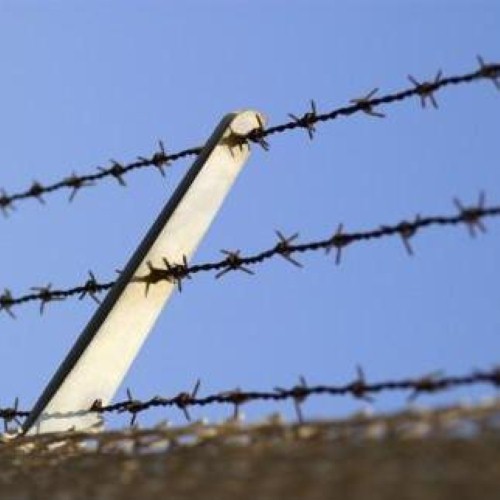Joint committee deliver report on Australia's Immigration Detention Network
- Details
- Created on Friday, 30 March 2012 18:30
- Written by Editorial staff

Nine months after it was formed, the Joint Select Committee on Australia's Immigration Detention Network has completed its inquiry into how the facilities are managed and presented its finding in a finalised report on March 30.
The panel was formed in response to the reports of rioting, civil disobedience and general disturbances that were making their way into the media.
In gathering material for their findings, panelists engaged in rounds of public submissions on topics such as resourcing, management and other areas of concern.
Perhaps the most prominent of these were the lengthy delays endured by detainees as they waited for their cases to be investigated by the Department of Immigration and Citizenship (DIAC) and the impact these had on the individuals concerned, their families and the wider community.
The report opens by recognising the "passionate" views held by many on the topic of what its authors calls "irregular migration".
In the foreword, committee chair Daryl Melham expressed his understanding for the contentious nature of the inquiry itself, calling the wide varieties of opinions "disparate".
Mr Melham wrote: "It is no secret that this inquiry unfolded within a highly contested political space, for which reason the Committee's conclusions had little chance of being unanimous.
"In the midst of this bitterly contested political debate we find human beings: men, women and children whose lives should not be political fodder, people who have to live with the consequences of government decisions."
The committee chair went on to explain that the questions uncovered by the inquiry related to issues surrounding national identity, border security, views on how a humane society operates and how these opinions should be best reflected in access to migration visas.
Later on in the piece there is an entire chapter devoted to the role played by the DIAC - in particular its ongoing contract with service provider company Serco.
In particular the report was critical of the lack of activity options available for detainees, explaining that forced inactivity in detention had been found to be detrimental to the wellbeing of the individual.
"Evidence overwhelmingly indicates that prolonged detention exacts a heavy toll on people, most particularly on their mental health and wellbeing.
"While academics and psychologists tell us that mental health begins to erode after three months in detention, there are people with adverse security assessments in Australia's immigration system who have been detained for well over two years."
It remains to be seen how the DIAC and associated agents respond to the report.
News Archive
- 2014
- 2013
- December (21)
- November (29)
- October (21)
- September (20)
- August (22)
- July (21)
- June (20)
- May (23)
- April (22)
- March (27)
- February (19)
- January (20)
- 2012
- December (14)
- November (17)
- October (20)
- September (16)
- August (23)
- July (21)
- June (18)
- May (22)
- April (18)
- March (20)
- February (18)
- January (19)
- 2011






